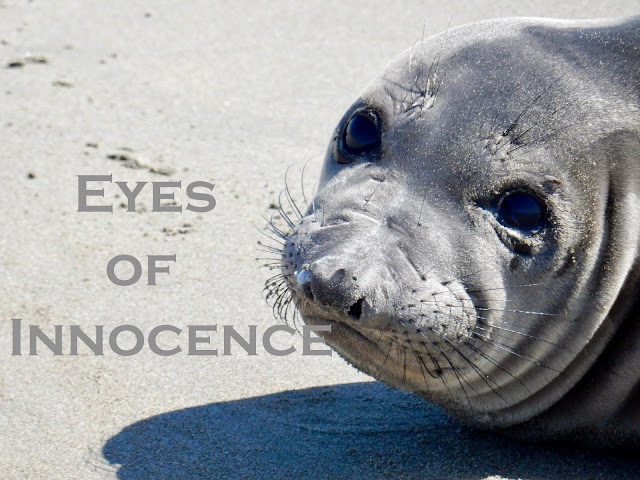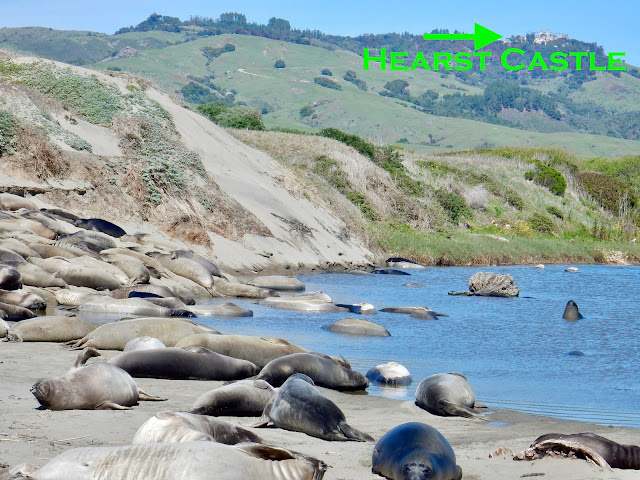The first Biden press conference was revealing and certainly a departure from the last four years. Our effort here is to examine the nature and grounding of the questions he received and suss out what it tells us about where we are.
I watched and then viewed highlights. I studied the verbatim transcript. It is a drill of which I am experienced. Working in radio and television I reported, edited, and analyzed Presidential news conferences starting with Lyndon Johnson.
an old news directors analysis
In the midst of the pandemic, after the signing of a massive relief bill, historically expensive, and the announcement of doubling the goal for vaccinations, there were no questions about any of it. Surprising and telling.
Part of the balance in the relationship is the press assertion of "setting the agenda." I get that, but there should have been some drilling down on the number 1 crisis or issue in the world. The AP's Zeke Miller opened the foray by surfacing immigration, gun control, civil rights, climate and asking the President how far he was willing to go to keep promises.
The nature of the question was not substantive about those issues, but about personal political action by the President, "...how far would he go?" That is not out of bounds, but it tilts toward politics and away from policy. The answer could be interesting, but not likely to add new information.
In the last four years Presidential-press encounters were mostly personal and politically divisive. They were about the President and his performance in the spotlight. He spoke frequently of the "ratings!" The White House press corp now has some adjusting to do.
The tone of some questions was off, too political, too gotcha, too gaming. It is too early too early to begin covering the 2024 campaign. Out of touch with the mood of the nation.
A Cecilia Vega question about detention centers at the border became wrong headed when it asked "reaction to images, is what's happening inside acceptable to you and when it is going to be fixed?" Trying to get a timeline is worthwhile, but asking an obvious question about his personal reaction takes us to the personality matter, again, and away from the issue and how can it be fixed and when.
The personal reaction of a President to something is not unimportant, but not as important as the nuts and bolts of issues. The personal is a hangover of a President and press that was addicted to Twitter.
Kristin Welker took up a good cause, getting press access to the detention sites, but she used her national moment to press the President about when the administration would commit to transparency, 3 times. No questions about what are the hang ups or obstacles to getting better facilities, no discussion about the use of Fort Bliss and how that will work, are the kids being given counseling, is there any Covid on site, how are they being fed? She pressed him, theatrically, to get cameras in to see the kids. It was "Scene over Substance" and missed opportunities to get on record questions about the kid's well being.
Nancy Cordes' political question about Republican voter suppression turned to if the president "didn't manage to pass voting rights legislation" his party would loose seats. Personal again-if "he didn't manage" when we all know it is more complicated than that. She also missed the larger issue-that voter suppression affects more than the President and his party, the most significant victims are American voters. The entirely too early question about if he's decided to run for reelection, came just 60 some days into his term. Wrong tone.
Too much reliance on the "horse race" which has dominated political coverage. There are more important matters before this nation than the next campaign.
Kaitlan Collins asked good question about moving to eliminate the filibuster, but then brought up the reelection campaign again, a "running mate?" would he be running "against Trump?" This at his first news conference? Too early, at best, silly, faux hard ass and irrelevant. How many of the Americans tuning in had any of that on their mind?
Yamiche Alcindor asked about the immigration issue, straightforwardly asking how they are deciding who stays and what was the timeline for fixing the issue. In a follow up she asked directly about a filibuster rule. To the point, prompting a response on substance.
Ken Walsh asked directly about the May 2nd deadline to withdraw troops from Afghanistan. He followed directly, "will there be troops there next year?"
Justin Sink asked directly about banning imports on forced labor products and cutting US investment or Chinese access to international payment systems. He followed about a manufacturer liability bill or executive action going after ghost guns. To the point, relevant, substantive.
Like the President, the White House press lives in a bubble. Reporters are career minded, and sometimes out of touch. They work in a hothouse where politics is a constant and they live in a world of click bait, ratings, breaking news and manipulation. Those pressures can have too much impact on the quality of the work.
There were too many questions that were reflective of that atmosphere, seeking personal reaction, and reporter posturing that seemed to miss the depth of the issues, their complexity, substance and sometimes even the issue itself .
This is the sort of after action analysis I managed with reporters, producers and photographers when I was a news director. The short summary, too much style over substance. Too much snark and not enough intellect. Performance over probing.
It would be good for this generation of TV reporter, most of those asking questions were from that medium, to watch old press conferences, lots of them, and understand they a part of an important national ritual with more significance than ratings or gossip.
Stay safe.
See you down the trail.































































